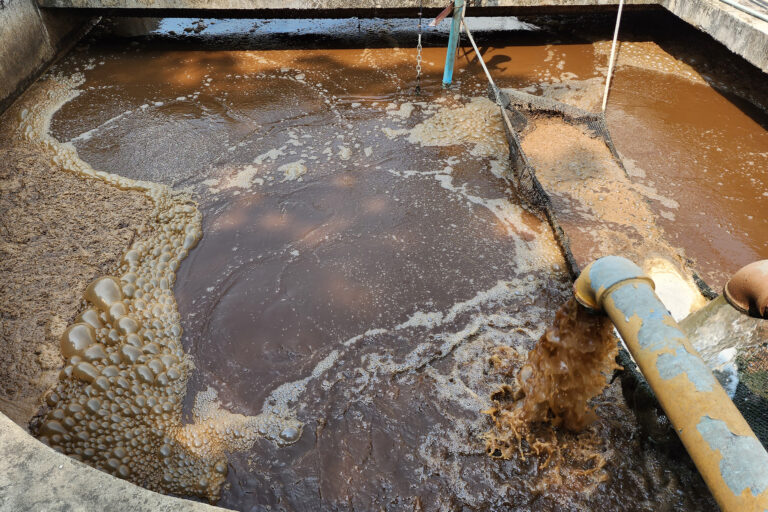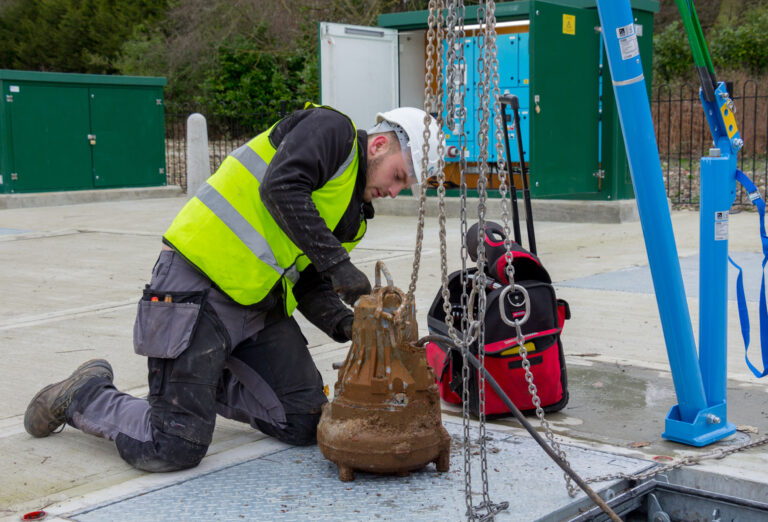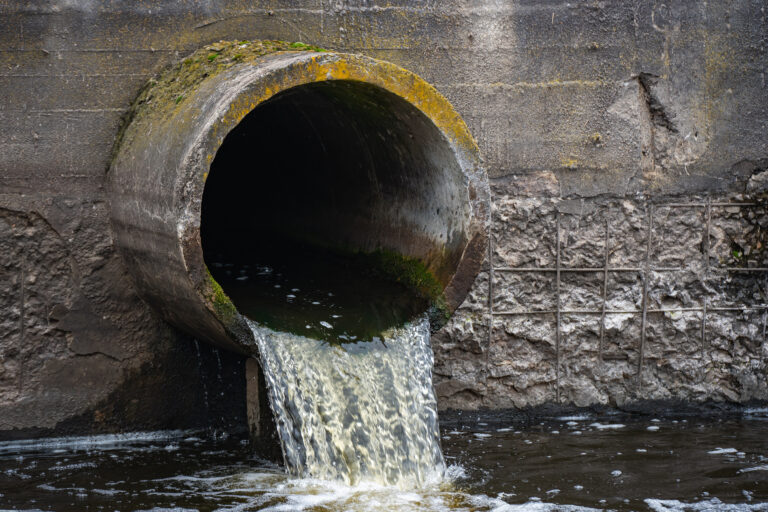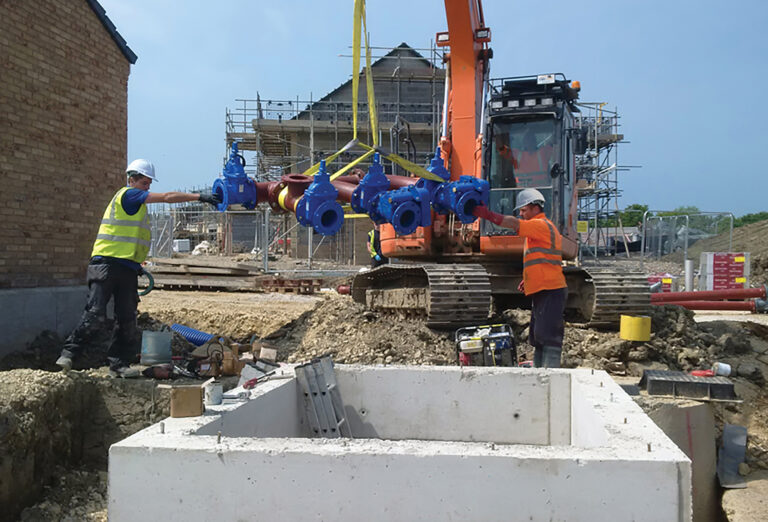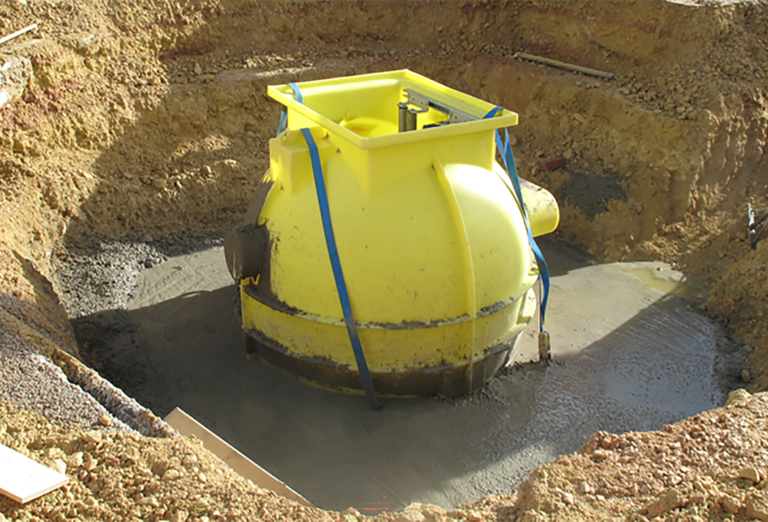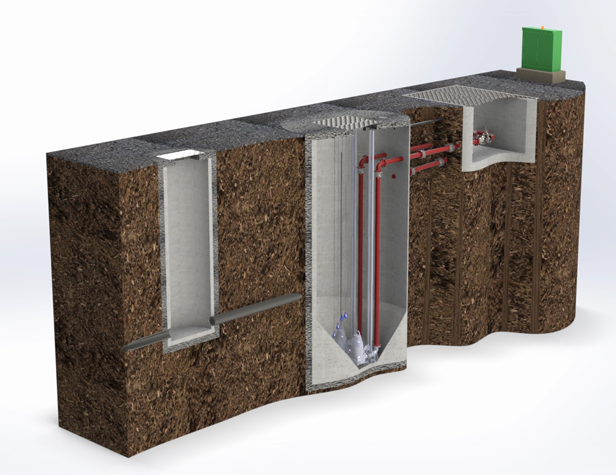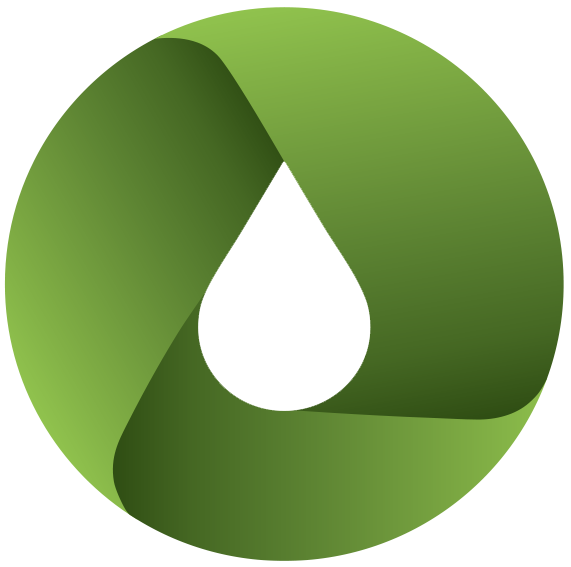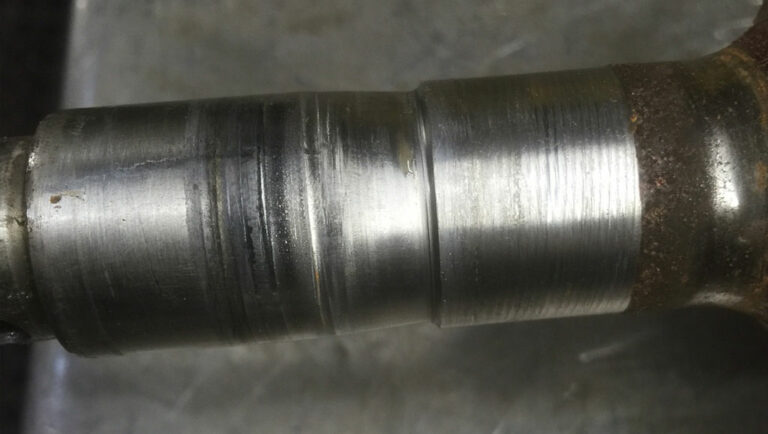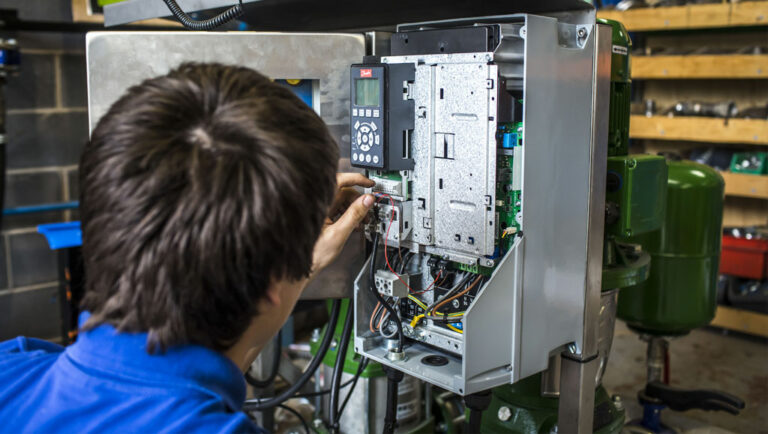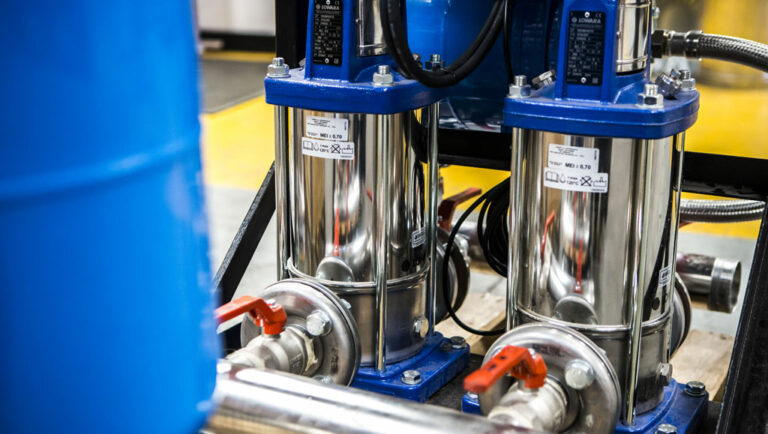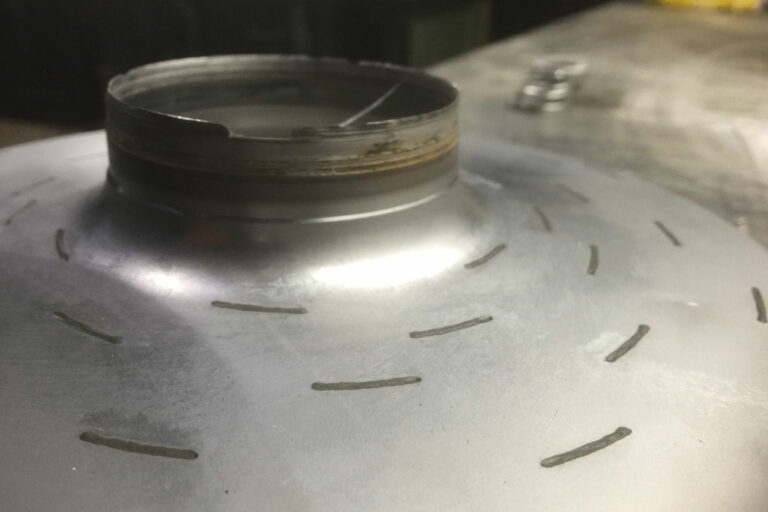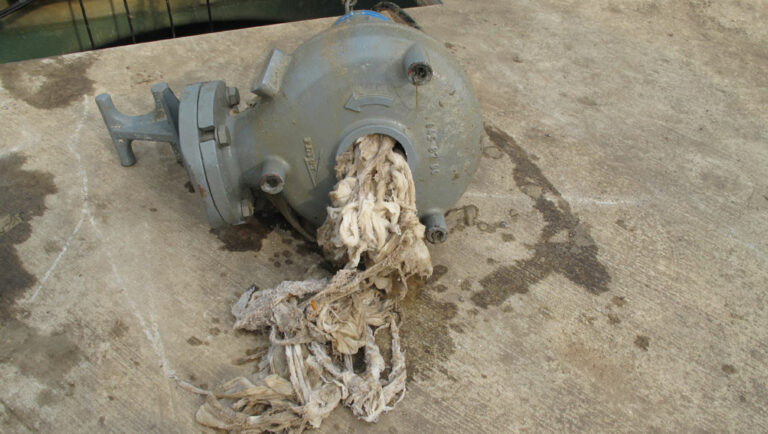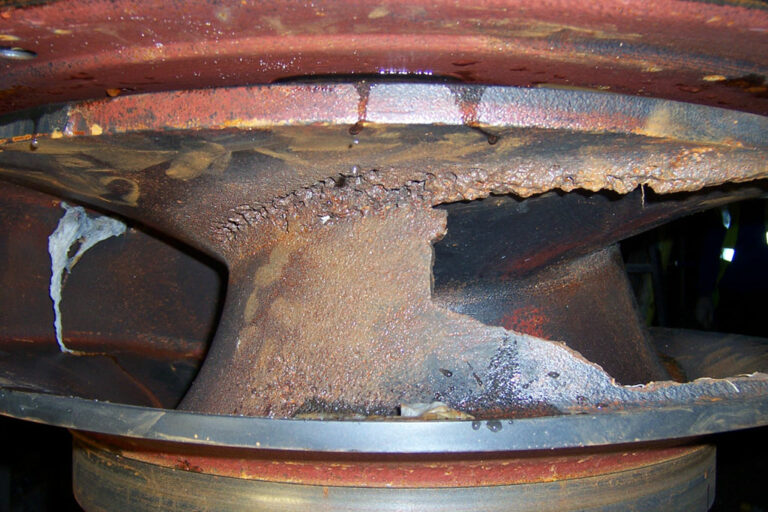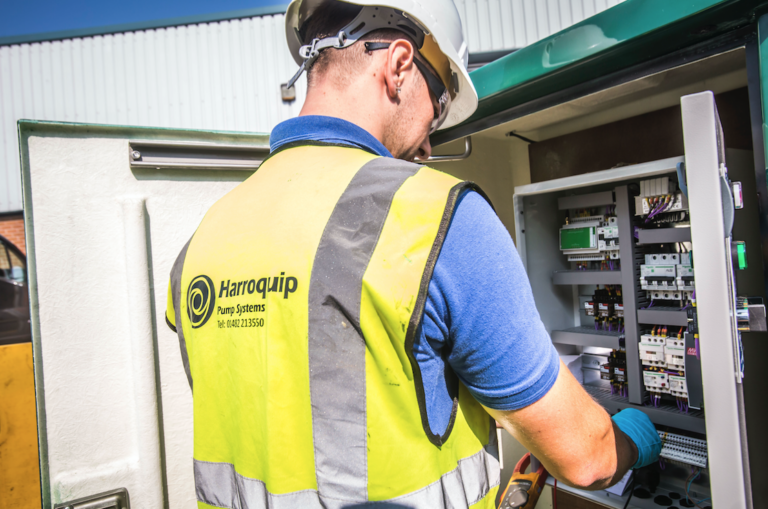News
What Is Septicity In Pumping Stations?
What is Septicity? Septicity occurs when wastewater sits stagnant for extended periods. This lack of flow creates an anaerobic (oxygen-depleted)...
Read More
How Often Should Pumping Stations Be Serviced?
Keeping Your System Running Smoothly Pumping stations crucial pieces of infrastructure of our wastewater management systems. They move wastewater from...
Read More
What can I do to prevent sewage spills from my pumping station?
Stop Sewage Spills Before They Start: Essential Tips for Pumping Station Owners Sewage spills are a major concern for both...
Read More
Pump Station Installation
Pumping stations are used to pump water from one area to another instead of a gravity based system. These pumps...
Read More
What is a Pumping Station?
A pumping station is used to transfer sewage and wastewater into a sewer system in situations where gravity can’t be...
Read More
Whats the difference between private pumping stations and adoptable pumping stations?
A key question that often comes up is about the difference between private pumping stations and adoptable pumping stations so...
Read More
Different Types of Pumping Station
When it comes to choosing the right type of adoptable pumping station for handling foul water and sewage on a...
Read More
Advantage Pumping Solutions Joins Harro Group
We’re excited to advise you that from 1st April 2020 you’ll be seeing more of the Harro Group brand. We...
Read More
Your pump problem FAQs answered
Pump systems are durable when correctly installed and maintained. However, you may still experience problems, as any machinery with moving...
Read More
6 ways to save energy when you’re moving water with a pumping system
Pump stations are required when water needs to be pumped from a low level up to a higher one to...
Read More
What makes Advantage your ideal pumping station supplier?
Every project is different. One of the fundamental benefits of working with Advantage Pumping Solutions is that we recognise this...
Read More
The environmental impact of flushing wipes
Disposing of wipes down the toilet contributes to problems locally, nationally, and internationally. On a local level, blockages develop in...
Read More
Why should you worry about pump cavitation?
Pump cavitation is a primary cause of pump failure on mobile equipment. If left untreated, cavitation can cause major issues...
Read More
Fatbergs: a by-product of flushing wipes
‘Fatberg’. The word conjures up images of large blocks of fat, oil and grease, like the one found in Kingston...
Read More
The problem with wipes: why you should never flush them
Misinformation causes problems. In the sewerage industry, nowhere is this more evident than the misinformation swirling around about whether wipes...
Read More
It’s our sewerage system: the dos and don’ts
Sewerage systems shouldn’t be noticed. The ideal sewer running from any residential, commercial, or industrial site into the main system...
Read More
Why do mechanical seals fail and what can you do about it?
Mechanical seal failure is one of most common reasons that a pump fails. These seals retain fluid within the pump...
Read More
5 ways to prevent pump cavitation
Preventing pump cavitation is much simpler and more cost-effective than repairing and replacing your pump. There are steps you can...
Read More
We have moved!
Harro Group have recently moved to a larger, more extensive premises giving the business access to greater resources. The new...
Read More

